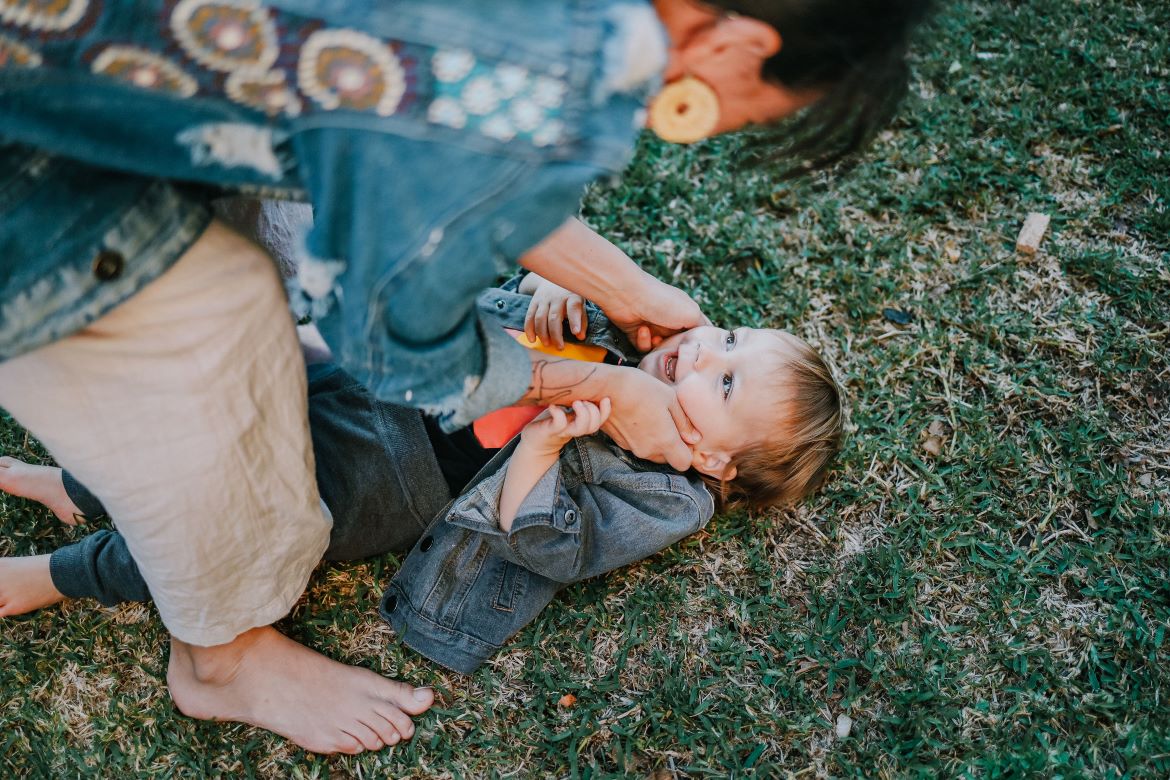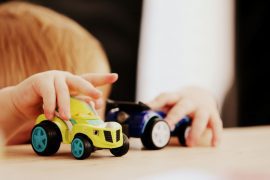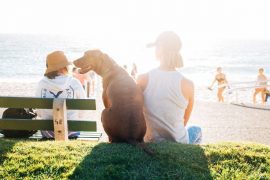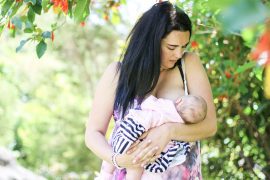By Alex Trichilo
Do you find yourself constantly worrying that your child might not develop their vocabulary like the kids in your mothers’ group? Or they might not be ready for kindy? And what does being ready for kindy even look like?
As a Speech Pathologist, pretty much the last thing I will recommend is flashcards. I am also unlikely to recommend shiny new toys that make noises when you push the buttons. There are some really important criteria when it comes to learning new skills, especially language development. Let me share them with you.
Experience
Most children learn best by doing and observing. In fact, we know that the brain is designed to store information more efficiently and effectively when we learn it through an experience, than from being taught it with flashcards or worksheets.
Senses
Following on from this, we can make much stronger connections between information units in our brain if we learn with multiple senses.
If we are outside going for a nature walk, we will not only store the new words that we hear, but that information will be stored together with the smell of the eucalyptus leaves, the sound of the soil underfoot, the dewy feel of the air and more.
This rich storage of information sets us up to be able to retrieve that information from our brain much more efficiently later on.
Motivation
Children are much more likely to learn and store new words and skills when they relate to things that they love. I don’t know about your kids, but mine could be outdoors all day and night if I let them. The best way to add language to their day is to follow their lead, take an interest in their interests and get excited about it.
Natural Context
As parents, we are often told to add language to our child’s day. But the piece that often gets left out of that advice, for parents of toddlers, is that the language needs to be added in context. By this I mean that you add language relevant to the activity you are doing while you are doing it, not talking about other things whilst playing. Baby and toddler brains think in the “here and now” so they can find it very difficult to understand when you are speaking about past events or things they have never seen before.











